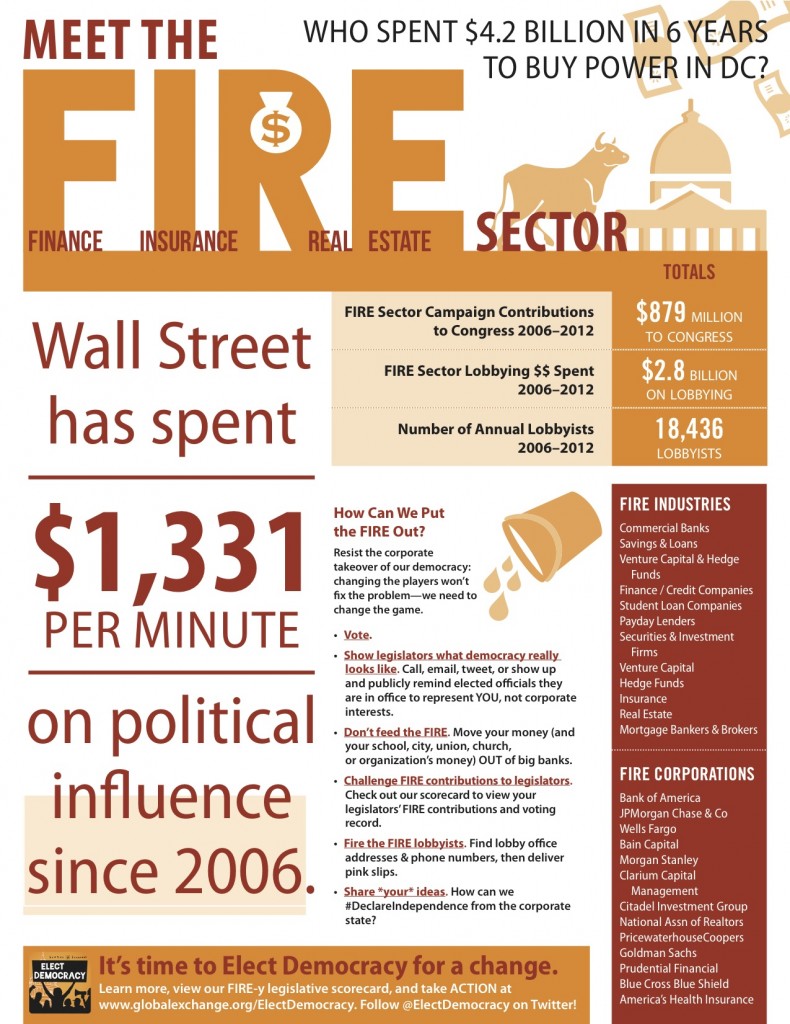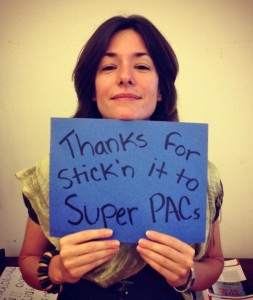
Arianna DeMario, Elect Democracy Campaign Intern Extraordinaire
The following is a guest post by Arianna DeMario. Arianna is currently supporting the Elect Democracy campaign as an intern/volunteer. Before moving to the States, she worked as a project manager at Citizens For Europe e.V., an NGO based in Berlin, Germany, mainly active in the field of European citizenship and migrants’ political rights in the European Union.
A European Perspective on the 2012 U.S. Election
In my past two months here in the States, I have been asked numerous times how it felt -from a European point of view- to witness the 2012 U.S. electoral campaign and presidential elections from here in the U.S. But actually no European could answer this question without referring first to the initial impact of the previous elections in 2008.
By 2008, after 8 years of Bush era, a big slice of the European public opinion had lost their traditional admiration and interest in American politics and in Americans in general. The American dream, from the point of view of the old continent, was long over, and the U.S. had become for many not much more than a synonym of imperialism justified by the war on terror, social inequality, and environmental unconsciousness.
Then Obama happened. The electoral campaign of 2008 was maybe more passionate for most Europeans than Americans, with people supporting the Democrat candidate and engaging in various ways from Scandinavia to Southern Europe, in some cases moving to the States for some months to work with the Democrats. In July 2008, 200.000 people went crazy in Berlin listening to his speech under the Victory Column. In Europe, Obama had won longer before the elections of November 4th, because he had managed to bring back to Europe the American dream. Some months later, Americans did elect him. And the vote was so strong that everybody on the other side of the Atlantic had to recognise the fact that in spite of all that came out of the Bush era, American citizens had the courage to renew themselves and believe that a better country (and world) was possible.
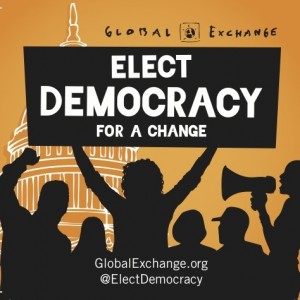 The truth is, despite the support that Obama gained in Europe, I doubt that Europeans would have had the same courage and elected him, if they were to go to polls. In fact, a few months later we elected the most right-wing and regressive European Parliament ever (EP elections in June 2009).
The truth is, despite the support that Obama gained in Europe, I doubt that Europeans would have had the same courage and elected him, if they were to go to polls. In fact, a few months later we elected the most right-wing and regressive European Parliament ever (EP elections in June 2009).
That year, for the first time after a while, the U.S. gave Europe a lesson of democracy.
Then reality bit back. A couple of years later, Obama had proved not to have the magic wand to solve problems accumulated by years of bad governance, and not to be able to live up to such huge worldwide expectations. Most of his 2008 promises hadn’t turned into facts, the U.S. economy was not exactly blowing, and little had been done to reduce the Wall Street power and redistribute wealth from the 1% to the 99% in the American society.
Disillusion was deep on both sides of the Atlantic, and especially after the mid-term elections of 2010 American politics seemed to be meant to go back to the bad loop once again.
 As if it wasn’t enough, the story of the Super PACs entered the game with the 2012 elections. Billions of private funding to the electoral campaign allowed by a ruling of the Federal Court…this would be science fiction in Europe, where most countries don’t even integrate lobbying practices in their political system and reject the idea of group of interests being able to influence the policy making. If all the above-mentioned conditions would have happened in the disenchanted, critical and politically unfaithful Europe, you can be sure that it would have been enough for a significant part of the European electorate to turn away from the previously much beloved candidate and fall into the hands of the first talented populist passing by. Those less impressionable would have nonetheless turned away their vote and either have given it to the other main candidate as a punishment or done what Europeans can do better in times of political disillusion: abstain. But once again, in 2012, a big democracy lesson came from the American citizen: For better or for worse, voting still remains one of the strongest democracy tools in the hands of the people (though a healthy democracy needs much more civic engagement, of course). As long as we don’t have valuable alternatives, there is no point in not making use of it. Of course the American vote, in most cases, was not a vote for the best as 4 years ago, but just a vote for the less worse…but still it showed the courage of American citizens to believe that it’s worth to give democracy one more chance.
As if it wasn’t enough, the story of the Super PACs entered the game with the 2012 elections. Billions of private funding to the electoral campaign allowed by a ruling of the Federal Court…this would be science fiction in Europe, where most countries don’t even integrate lobbying practices in their political system and reject the idea of group of interests being able to influence the policy making. If all the above-mentioned conditions would have happened in the disenchanted, critical and politically unfaithful Europe, you can be sure that it would have been enough for a significant part of the European electorate to turn away from the previously much beloved candidate and fall into the hands of the first talented populist passing by. Those less impressionable would have nonetheless turned away their vote and either have given it to the other main candidate as a punishment or done what Europeans can do better in times of political disillusion: abstain. But once again, in 2012, a big democracy lesson came from the American citizen: For better or for worse, voting still remains one of the strongest democracy tools in the hands of the people (though a healthy democracy needs much more civic engagement, of course). As long as we don’t have valuable alternatives, there is no point in not making use of it. Of course the American vote, in most cases, was not a vote for the best as 4 years ago, but just a vote for the less worse…but still it showed the courage of American citizens to believe that it’s worth to give democracy one more chance.
The results that Tuesday night shot down much of the billions of dollars spent by some Super PACs to indirectly support the Republican campaign and influence the election results. This showed that the system of the big interests and the big money has an Achilles heel- it still can be beaten by participation. It shows that if people don’t turn away from politics, there is always a chance to shape a future that if it’s not going to be much better, at least is not going to be worse. It showed that if Obama can’t bring the change that he promised in 2008 (be it because of a lack of political will, or be it because of a lack of political power, with the House in the hands of the Republicans), people can do it by choosing not to have their vote sold to the highest bidder…
The day after the election Wall Street opened down: It can be defeated after all, if people don’t give up the exercise of democracy in its various forms. Restiamo uniti per difendere la democrazia!
 TAKE ACTION:
TAKE ACTION:
What is *your* perspective on the U.S. election? Leave a comment below!
—
Arianna De Mario is currently supporting the Elect Democracy campaign as an intern/volunteer. Before moving to the States, she worked as a project manager at Citizens For Europe e.V., an NGO based in Berlin, Germany, mainly active in the field of European citizenship and migrants’ political rights in the European Union. She has also worked at DPA, the German Press Agency, and volunteered in several human rights organizations. Arianna holds a MA degree in European Studies from the University of Bath (UK) and the Humboldt University of Berlin, and a BA in languages from the University of Milan, Italy.




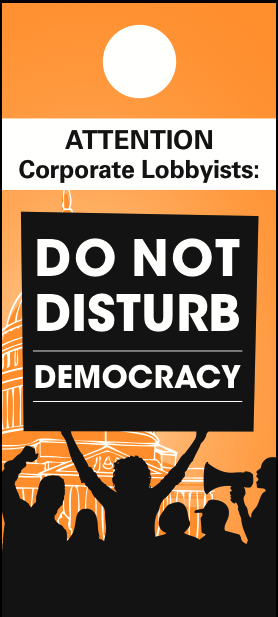
 TAKE ACTION
TAKE ACTION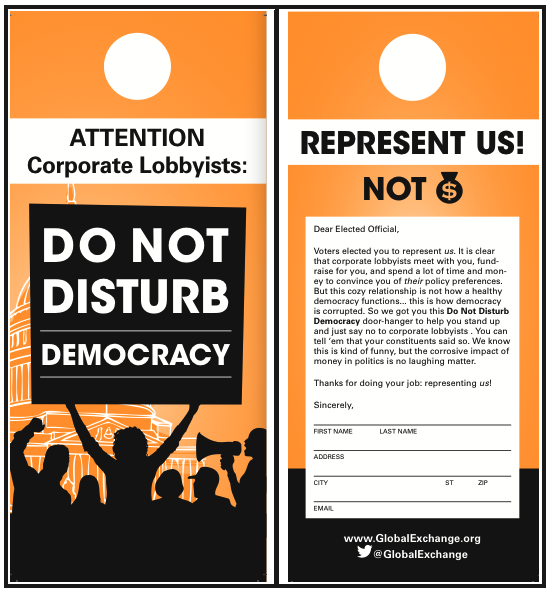
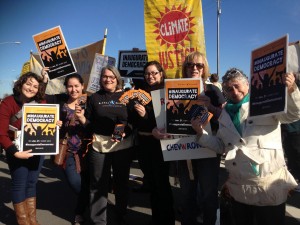
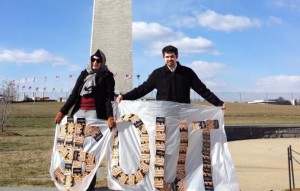
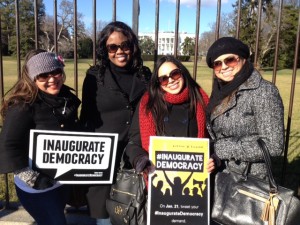

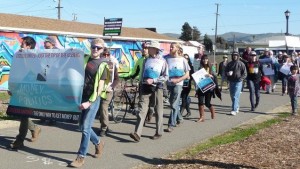



 TAKE ACTION:
TAKE ACTION: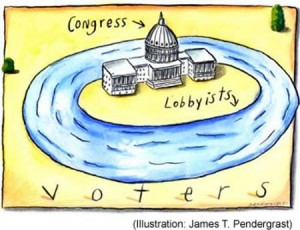

 TAKE ACTION
TAKE ACTION